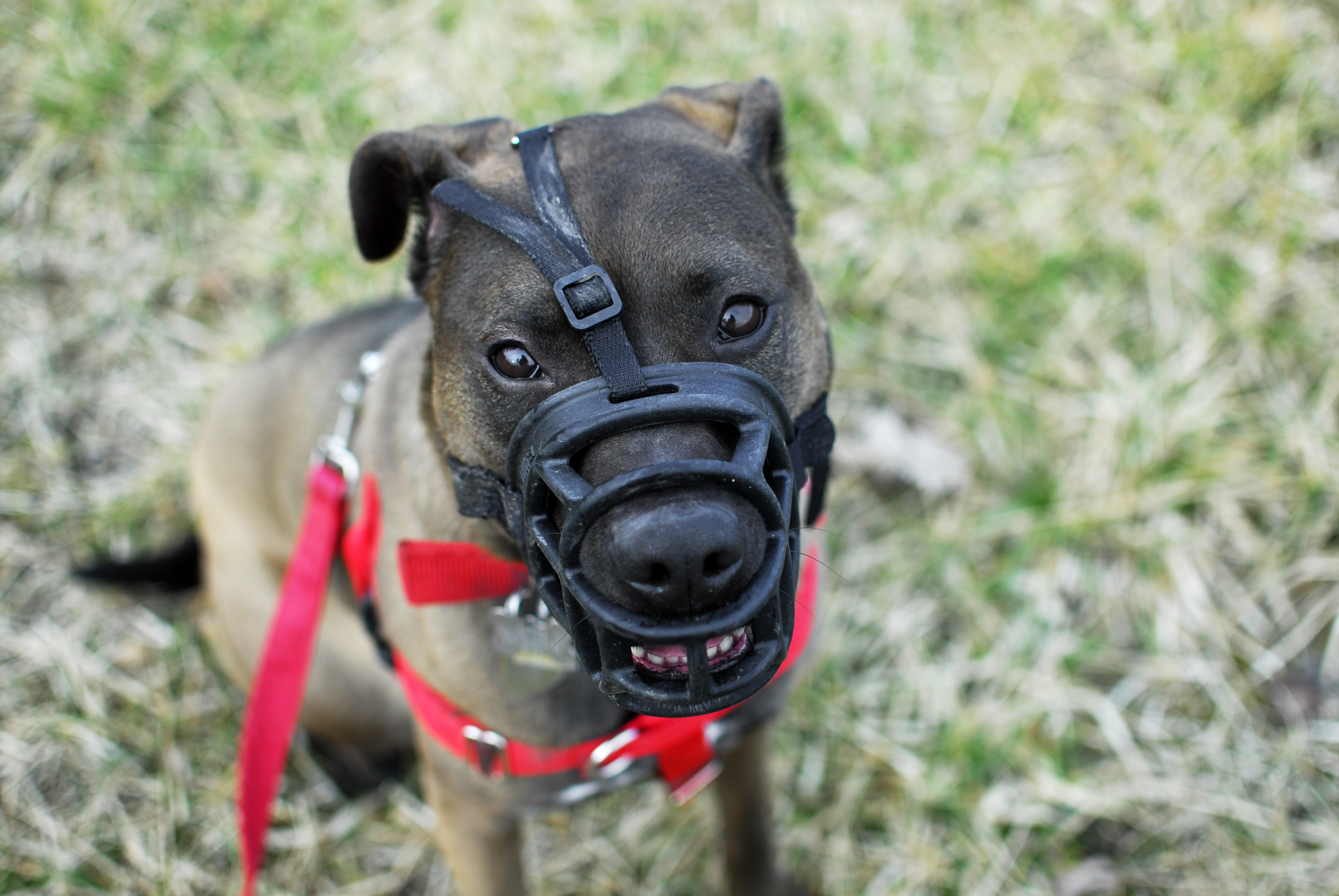
Some types of aggression may also be neurological. Some medical conditions that have been proven to cause aggression include: This is especially true if the aggressive behavior starts quickly or increases in intensity in a short period of time. Medical issues are actually a common cause of aggression in dogs. You should consult your veterinarian to see if there is some sort of psychological and/or medical cause behind your dog's aggressive behavior. Be sure to call and chat with the trainer about your dog's specific needs first, and provide more information.
#DOG TRAINER FOR AGGRESSIVE DOGS PROFESSIONAL#
The best thing that you can do is seek the advice and help of a professional trainer, veterinarian and canine behaviorist.īehavioral dog trainers are generally available in most areas, but normally they don't all work with aggressive dogs. While these dog training tips may be helpful, you're still at risk of things going badly.Īs it happened many times (some stories from Dr Jen), aggression in dogs can quickly lead to serious accidents. I cannot stress this enough: aggressive dogs can be dangerous and it's not recommended that you attempt to re-train the dog just by yourself. He will eventually associate the stressful situation with a positive result, instead of something that requires his aggressive reaction. Once the situation passes, stop petting, do not give any treats and stop talking comfortingly to your dog. Give him treats and make the situation into something positive instead of negative. When a situation appears where you expect your dog is going to be aggressive, immediately begin talking to him in a reassuring way. Although bribery and distraction are quick fixes, in the long run they teach your dog that doing naughty things will earn him a reward, further incentivizing the pet's poor behavior. Establish your position in the eyes of your dog by being in charge and not rewarding the dog when he behaves badly. Keep this up consistently and be authoritative. When he chases, barks or growls at that animal, use a clear and strong command for him to “Stop!” or “Sit!” When a dog follows basic commands, reward him with a treat or praise. Give the dog praise and positive reinforcement when your pup behaves properly.įor example: let's say your dog is aggressive towards another animal in your home. Use clear, strong commands that your dog is familiar with. My 6 Best Aggressive Dog Training TipsĪggressive dog or not, use positive reinforcement and positive reinforcement only. When it comes to your dog's behavioral problems, in order to minimize the risks associated with an aggressive dog, it's of utmost importance for pet owners to understand what exactly aggression in dogs means, its causes, and ways to avoid and modify aggressive behavior in dogs. No matter how much you feel that you trust your dog, he cannot be fully trusted if he's showing signs of aggression.

You DO NOT want to add to this statistic. It has been estimated that approximately 4.3 million people are bitten by dogs every year. My Favorite Dog Training Books for More Advice


 0 kommentar(er)
0 kommentar(er)
